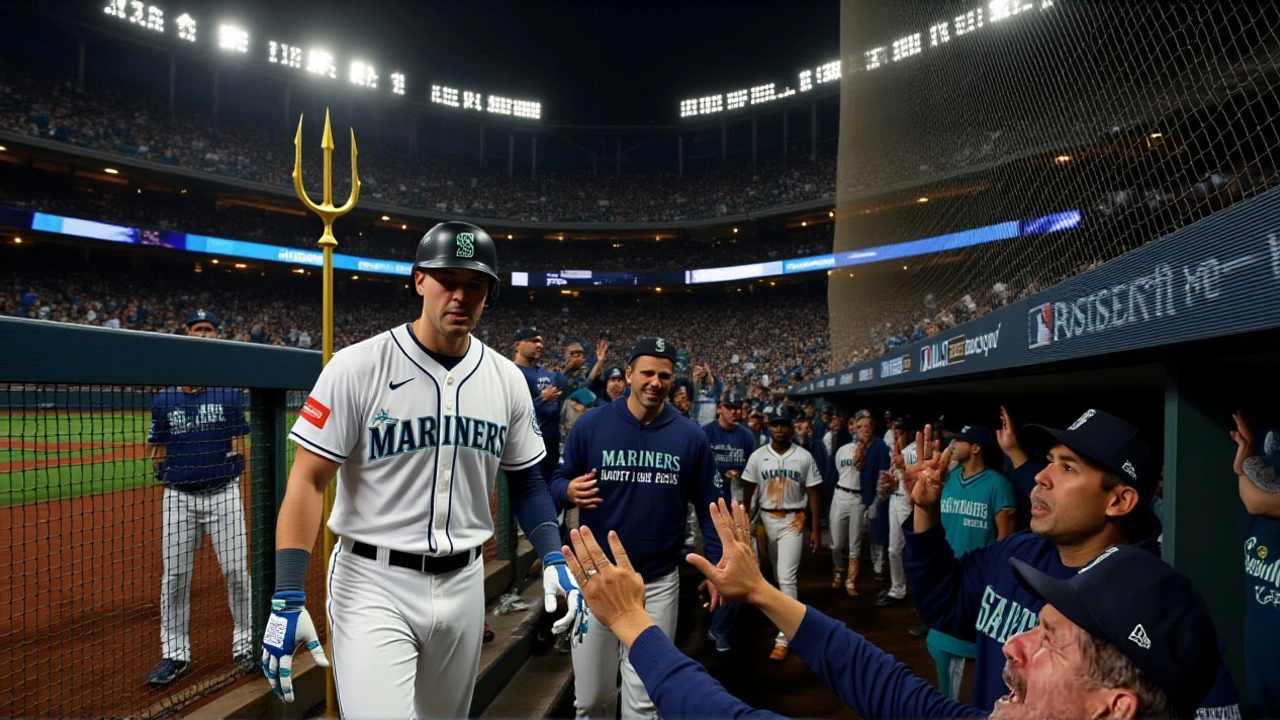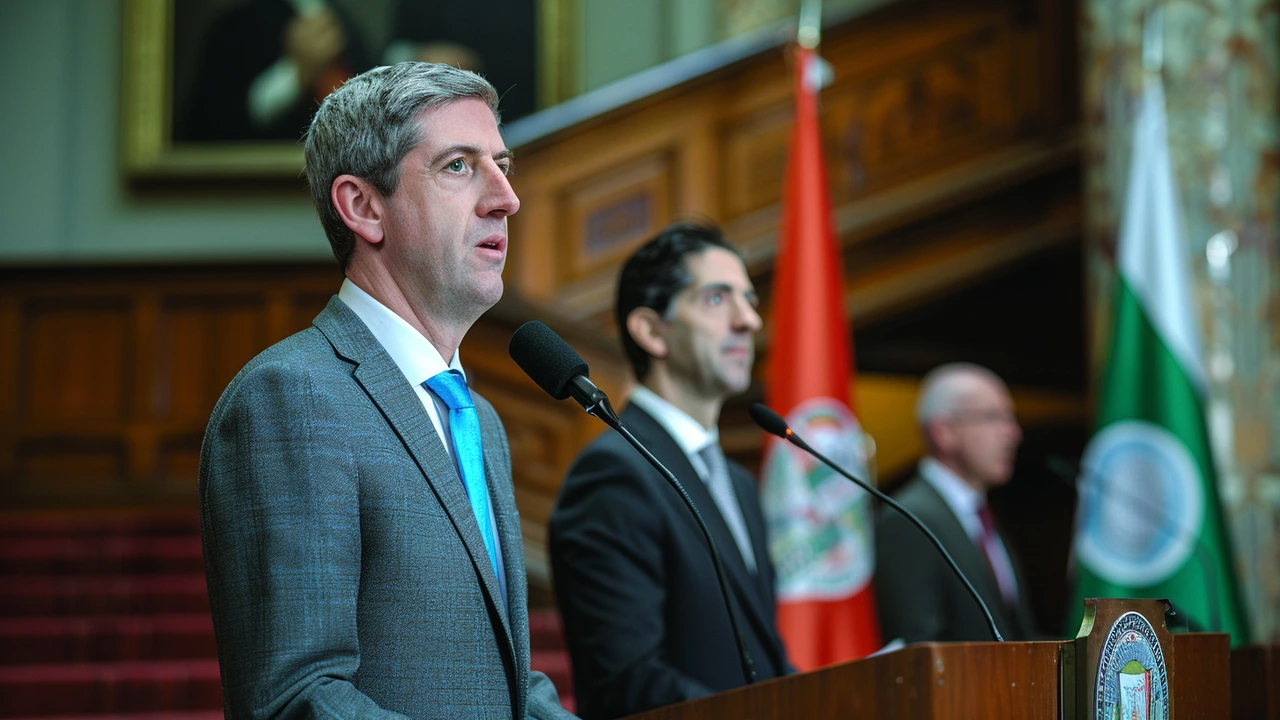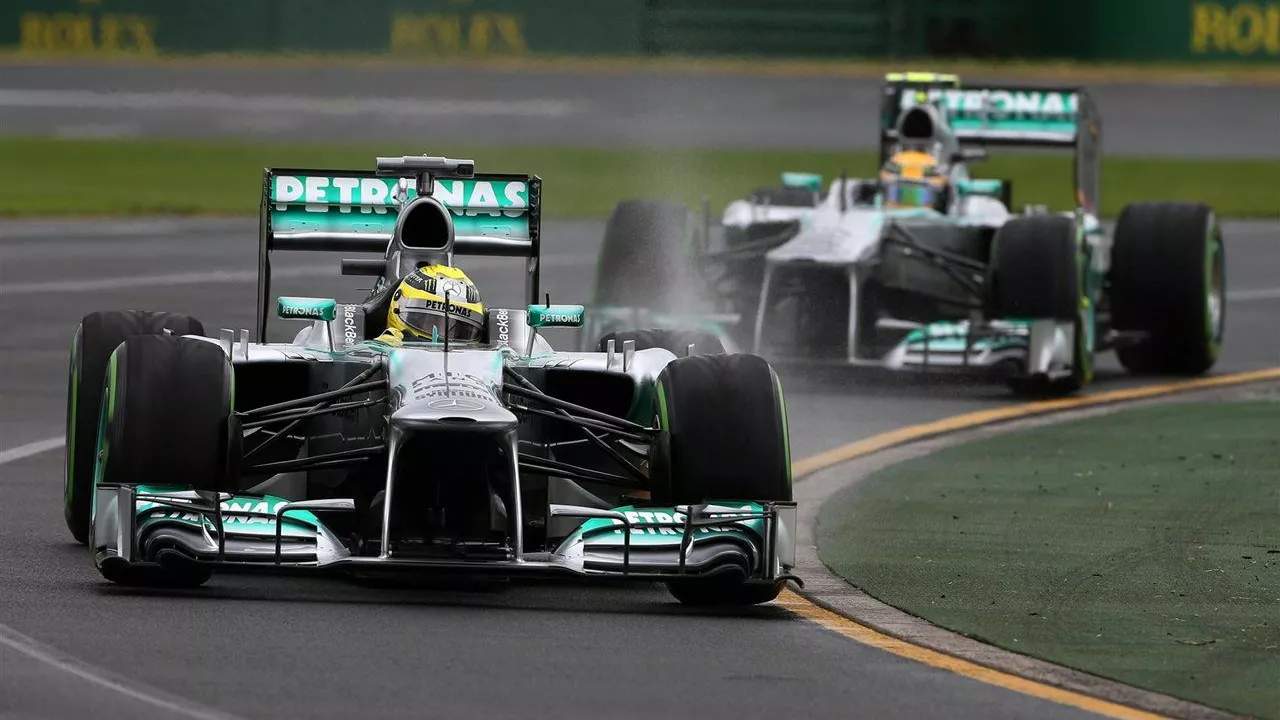Revved Up Motorsports - Page 2

Blue Jays clinch ALCS in Game 7, set up World Series showdown
The Toronto Blue Jays beat the Seattle Mariners 4‑3 in Game 7 of the ALCS, ending a 32‑year World Series drought, with George Springer's seventh‑inning homer sparking the win.

Commanders Favored Over Bears in Week 6 Monday Night Rematch
Washington Commanders host Chicago Bears in a Week 6 Monday Night Football rematch, with the Commanders favored. The game revives the dramatic 2024 Hail Mary showdown and could reshape the NFC East race.

Trump’s Nobel Peace Prize Bid Stalls as Experts Say He’s Got ‘No Chance’
Experts say Donald Trump's bid for the 2025 Nobel Peace Prize is futile as the committee favors humanitarian groups like Sudan's Emergency Response Rooms.

Marseille Snatch PSG’s First Slip-Up of 2025‑26 Ligue 1
In a shock upset at the Orange Velodrome, Marseille earned a 1‑0 win over Paris Saint‑Germain, handing the league leaders their first defeat of the 2025‑26 season. An early own‑goal by Marquinhos settled the match, while PSG piled on chances that couldn’t break the home side’s resolve. The result lifts Marseille to nine points and ends PSG’s perfect start.

Silent Hill F Receives Chilling Praise for Its Psychological Depth
The new Silent Hill F is being hailed as a elegant return to form, blending Ryukishi07's signature psychological storytelling with haunting visuals. Critics applaud its atmosphere, narrative twists, and refined gameplay. Fans of the franchise see it as a fresh yet faithful chapter that revitalizes the series.

Live-action LEGO Ninjago movie in the works at Universal from Hageman brothers
Universal is developing a live-action LEGO Ninjago movie from Kevin and Dan Hageman, the original series creators and former Star Trek: Prodigy showrunners. It’s the fourth live-action LEGO film at the studio, joining projects tied to Jake Kasdan, Patty Jenkins, and Joe Cornish. Plot and cast are under wraps, with The Lego Group producing alongside Universal. A release date hasn’t been set.

Ireland, Spain, and Norway Officially Recognise Palestine, Paving Way for Two-State Solution
Ireland, Spain, and Norway have formally recognized Palestine as a state in a joint move aimed at fostering peace and advancing a two-state solution in the Middle East. This decision comes in response to the enduring conflict in Gaza and seeks to bolster normalized relations between Israelis and Palestinians.

Why did BMW quit Formula 1?
Well, buckle up folks, because this one's a real head-scratcher! Back in 2009, BMW threw in the towel on Formula 1, leaving us all with a serious need for speed and a lot of unanswered questions. Their pit stop, it seems, was a mix of financial hiccups and a desire to swerve toward more eco-friendly ventures. The high-octane world of F1 wasn't quite meshing with their vision of a greener future. So, they swapped the roaring engines for electric dreams – a plot twist even Hollywood couldn't dream up!

Which are faster, Indy or Formula 1 cars?
In the high-speed world of racing, there's always a hot debate about which is faster: Indy or Formula 1 cars. After a deep dive, it turns out Formula 1 cars take the lead with their incredible acceleration and top speeds. However, it's not just about speed, as Indy cars are known for their remarkable performance on oval circuits. So, while F1 might be the speed king, Indy cars certainly hold their own in the racing world. Let's remember, both have their unique strengths and it's the skill of the driver that often makes the difference in the end.
